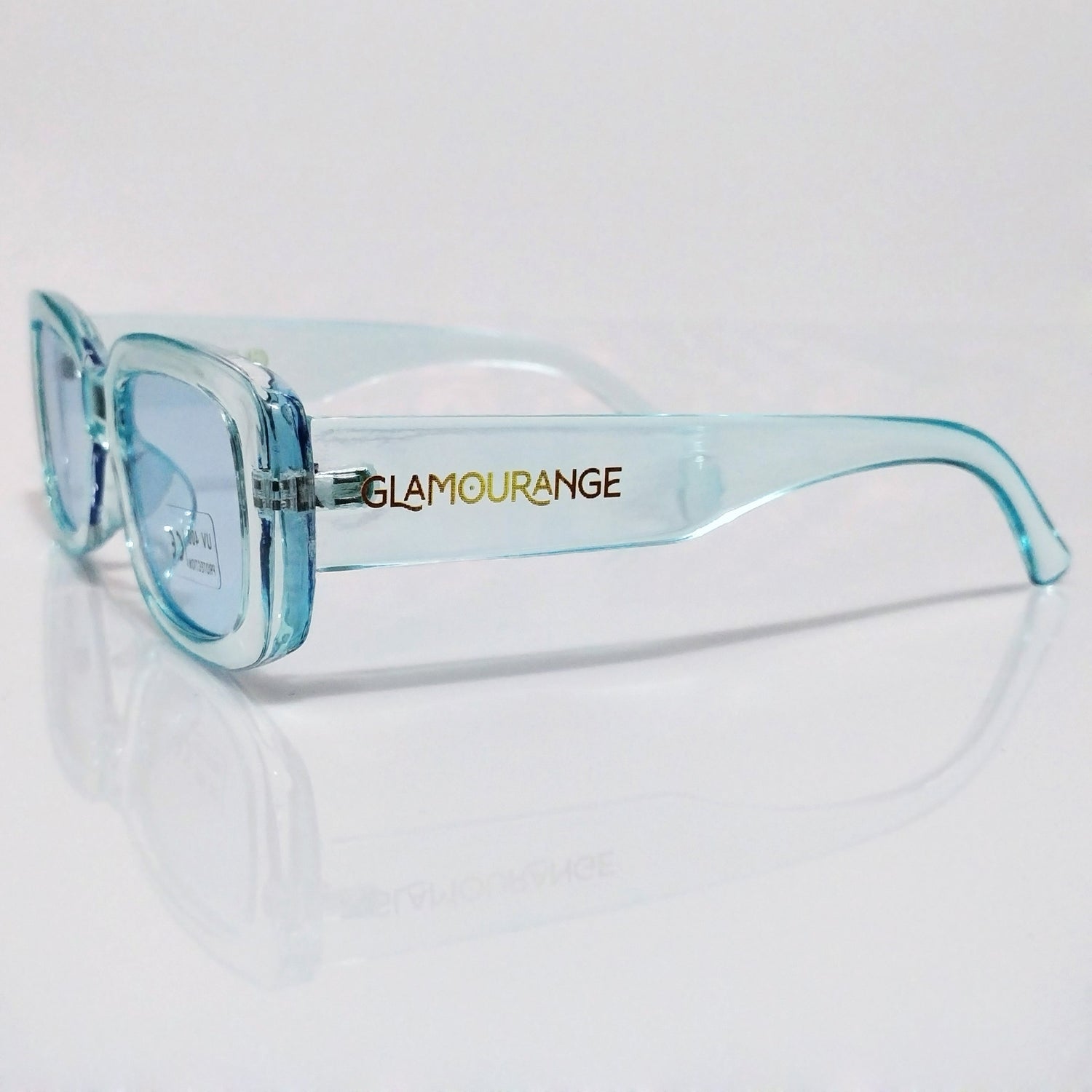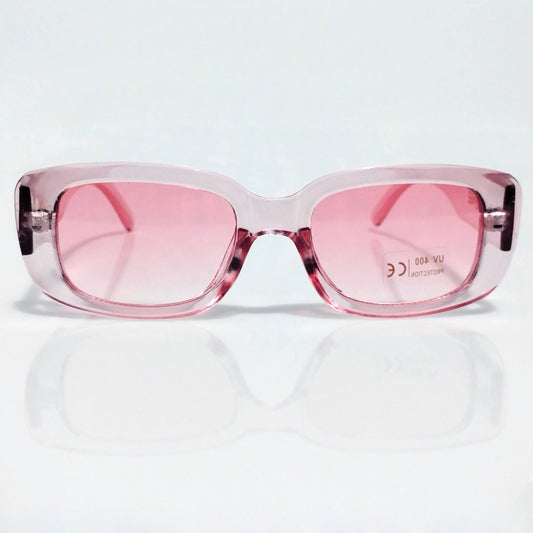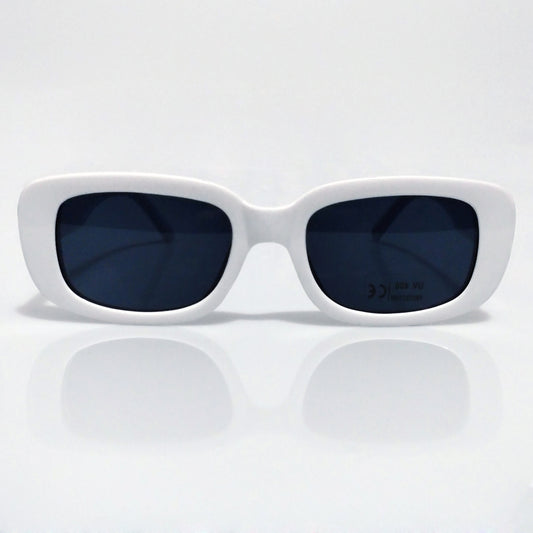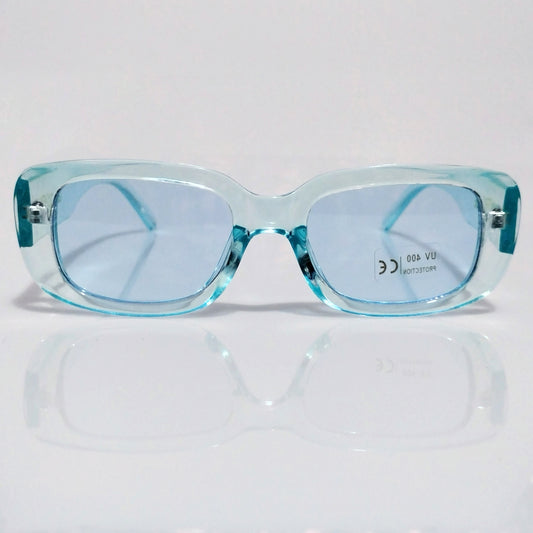
Medical Reasons for Wearing Sunglasses At Night
SHARE
When you think of sunglasses, you probably imagine wearing them during the day to protect your eyes from the sun's harmful rays. But did you know that there are actually medical reasons for wearing sunglasses at night? In this article, we will explore the various medical conditions that can benefit from wearing sunglasses after the sun goes down.
1. Photophobia
Photophobia, or light sensitivity, is a condition that causes individuals to experience discomfort or pain when exposed to bright lights. This can be particularly challenging at night when streetlights, headlights, and other sources of artificial light can be overwhelming. Wearing sunglasses with tinted lenses can help reduce the intensity of the light and provide relief for those with photophobia.
2. Migraines
Migraines are severe headaches that can be triggered by various factors, including bright lights. For individuals who suffer from migraines, wearing sunglasses at night can help minimize exposure to light and potentially prevent or reduce the severity of a migraine attack. Tinted lenses or sunglasses with polarized filters are often recommended for migraine sufferers.
3. Night Blindness
Some people experience difficulty seeing in low-light conditions, a condition known as night blindness. This can make it challenging to navigate in the dark, especially when driving. Wearing sunglasses with specialized lenses that enhance contrast and reduce glare can improve visibility and make nighttime activities safer for those with night blindness.
4. Eye Surgery Recovery
After certain eye surgeries, such as cataract surgery or LASIK, doctors may recommend wearing sunglasses both during the day and at night. This is to protect the eyes from bright lights, reduce strain, and promote healing. Sunglasses with large frames or wraparound styles are often recommended to provide maximum coverage and protection.
5. Certain Medications
Some medications can increase sensitivity to light as a side effect. If you are taking medications that make your eyes more sensitive to light, wearing sunglasses at night can help alleviate discomfort and protect your eyes from excessive light exposure.
While wearing sunglasses at night may seem unconventional, it can provide significant benefits for individuals with specific medical conditions. If you are experiencing light sensitivity, migraines, night blindness, recovering from eye surgery, or taking medications that increase light sensitivity, consult with your healthcare provider to determine if wearing sunglasses at night is a suitable option for you.
Remember, sunglasses are not just a fashion accessory but also a tool for protecting and maintaining the health of your eyes. Invest in a high-quality pair of sunglasses that provide adequate UV protection and consider consulting an eye care professional for personalized recommendations.












